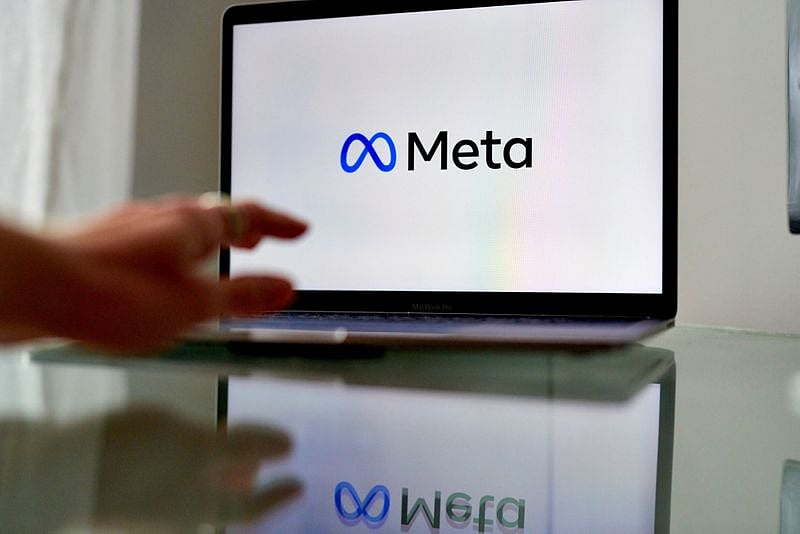Meta previews AI-powered parental controls for teens in AI chats
Meta will let parents block, monitor teen AI chats across platforms, rolling out next year

Dubai: In an era where artificial intelligence is not just responding to us but chatting with us, Meta is stepping into the safety ring. On October 17, the company unveiled a preview of forthcoming AI-powered parental control features designed to give parents more oversight over how their teens interact with AI characters across Meta’s platforms.
The announcement comes amid growing concern and scrutiny over how AI chatbots behave with minors — especially given past reports that some AI “companions” have flirted or ventured into inappropriate territory in conversations with underage users. Meta says the new parental tools aim to curtail exactly those risks.
What Meta is proposing
Under the new preview, parents will gain the ability to turn off one-on-one chats with AI characters for teens entirely. If they don’t want that full block, they will also be able to block specific AI characters (bots) that they consider risky or unsuitable. Crucially, these controls do not apply to Meta’s general AI assistant — that part will remain enabled, albeit with age-appropriate protections so the assistant limits sensitive or explicit content. The controls will also allow parents to receive “insights” about the topics their teens are discussing with AI bots — without revealing entire chat histories.
Meta plans to roll these tools out early next year, initially on Instagram for English-speaking users in the US, UK, Canada, and Australia. Over time, the company expects to expand to other markets and languages.
Alongside the new AI controls, Meta is also reinforcing content safety for teen users: Instagram teen accounts will default to PG-13 content limits, restricting exposure to strong language, graphic violence, or mature themes unless parental permission is granted. Chatbots themselves, when interacting with teens, will be held to the same PG-13 standard.
Timing and pressure
Meta’s move is not just a product update — it’s a response to mounting criticism, regulatory pressure, and public concern. Earlier investigations revealed that some AI bots interacted with accounts posing as minors in inappropriate or flirtatious ways. Lawsuits and advocacy groups have accused Meta and other platforms of failing to protect children in AI environments.
By previewing these controls, Meta sends two messages: one to parents — that it is trying to respond to fears of harmful AI interactions — and another to regulators and critics — that it is proactively building guardrails rather than waiting for mandatory regulation. Analysts suggest this may be as much about brand repair and accountability as about safety tech itself.
Still, child protective and digital safety advocates remain cautious. Some warn that insights into topics could intrude on teen privacy, or that controls may not fully prevent misuse. The balance between oversight and stifling a teen’s autonomy is delicate.
Risks, gaps, and what to watch
One concern arises from historical patterns: Meta has had many parental control tools in the past that few parents used or understood. Past leadership has admitted that many of these safety tools go underutilized.
Also, insight tools that reveal topics of chat but not full messages may not be enough to detect harmful conversations. Some worry that bad actors or risky content could still slip through ambiguous boundaries.
Another dimension: enforcement across jurisdictions. Users may be subject to local data privacy laws, and Meta will need to navigate how these controls mesh with each country’s legal framework.
Finally, adoption and education will matter. Even when controls exist, if parents don’t use them, or users can bypass them cleverly, their impact could be limited.
The road ahead
Over the coming months, Meta is expected to release more detailed documentation, roll out tests in more countries, and refine the UI/UX of these controls.
This preview of AI parental controls is not a guarantee of safety, but it is a notable step: Meta acknowledging that AI cannot be fully open access with minors, and that some guardrails are necessary.
Network Links
GN StoreDownload our app
© Al Nisr Publishing LLC 2026. All rights reserved.